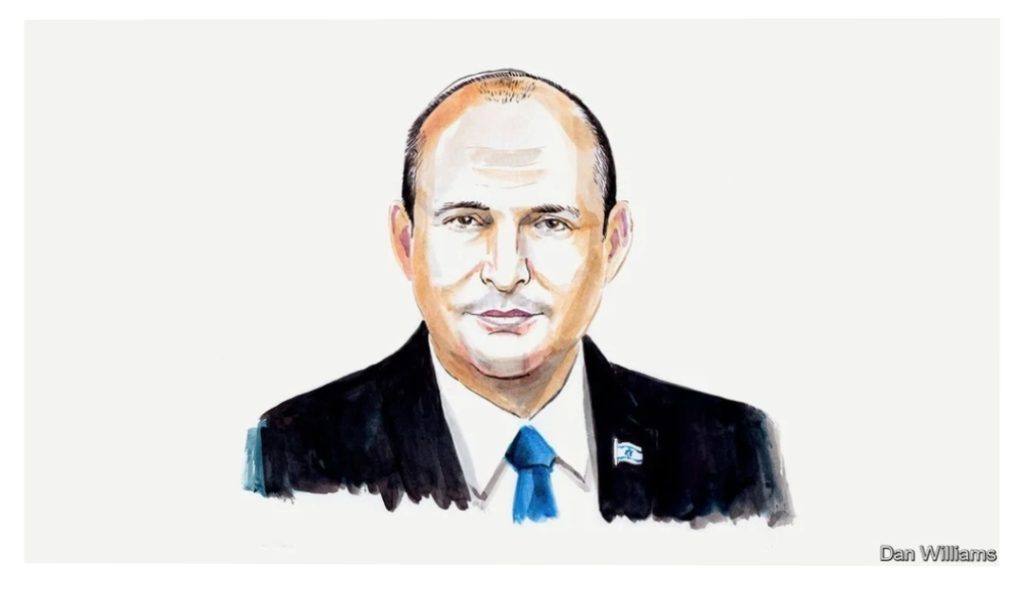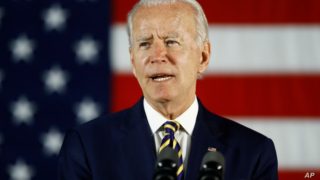AS THE WORLD combats covid-19, vaccines are critical. But should people in developed countries receive booster doses, especially before others in poor ones have received their first jab? Many countries are grappling with these questions, in particular America, Britain and those in Europe. The experience of Israel may be instructive.
In July my government decided to administer a third dose of the Pfizer-BioNTech vaccine to the Israeli public. It was a tough decision. Israel began vaccinating last December, after America and Britain had given the vaccine emergency approval. Yet there was no regulatory approval for the safety or efficacy of a third dose. And the World Health Organisation urges countries not to go ahead with boosters before less-developed countries have vaccinated a majority of their populations with a first dose.
Israel has world-class medical-research institutions, but for a small country to take the lead on this is another matter. The medical committee advising our government was divided. The easier course would have been to wait for a consensus to form among the experts. But public-health experts tend to be conservative and risk-averse—traits that serve us all well during normal times but may handicap and slow decision-making during a pandemic.
A pandemic is not solely a health issue. It has a huge impact on many fields: the economy, education, public communications, logistics and supply chains, psychology and mental health—the ties that bind individuals, families, communities and entire nations. Fighting a pandemic is like fighting a war, where the strategic decisions must not be made by the experts, the generals, but by the elected government, taking into account a broader picture.
Like war, a pandemic is fraught with uncertainty, partial information, rapid change and the need to make quick decisions and take decisive action. Sometimes, not making risky decisions can be more damaging than taking a calculated risk. Taking those risks is the responsibility of elected leaders.
When my government took office in mid-June, there was a feeling in Israel that we had defeated the coronavirus and the days of the pandemic were over for good. Israel’s early take-up of the vaccines started curbing the devastating third wave of covid-19 in February, allowing us to start emerging from lockdown. Face masks were removed with much fanfare, social-distancing restrictions and travel limitations were lifted. Life was back to normal. Or so we thought.
Starting in April, the Delta variant arrived in Israel and by July, the daily number of covid-19 cases, which had gone down to a mere handful in May, began rising rapidly, with hospitalisations following suit. The most worrying aspect was that many of those infected were vaccinated. We tried to understand what had happened. Was the Delta variant so virulent that it was capable of overcoming the vaccine’s defences or was it simply a matter of the waning of the vaccine’s effect over time?
After repeated meetings with immunologists and examining the data, we soon reached the conclusion that it was a combination of both factors. The high proportion of Israelis who had had their two doses early in the vaccination campaign were also more vulnerable to the new strain when their defences started to weaken. It was a classic case of “breakthrough” infections—when fully vaccinated people get infected.
Paradoxically, people with two doses can be at increased risk, because they think and act as if they’re fully protected, even when that protection may be waning. We knew that the vaccines worked and their side-effects were minor; we had seen that very clearly back in February. But their effectiveness over time and against new variants such as Delta was less clear.
There was another reason for the experts’ reluctance to endorse booster shots. The third wave had been overcome through a combination of the vaccine and lockdown restrictions. Some experts thought we couldn’t rely only on vaccines and needed to prepare for another lockdown.
As prime minister, I had two options: either drag Israel into yet another set of lockdowns and further harm our economy and society, or to double down on vaccines as the central strategy, together with less restrictive measures such as a face-mask mandate in closed spaces and the “Green Pass” scheme that requires people to carry proof of being vaccinated or negative test results in order to participate in various activities.
Besides avoiding the debilitating damage of another lockdown, there was a further reason for going ahead with the booster doses. As the Delta wave was rising, we had more cases among vaccinated people than among people who hadn’t received a jab. When twice-dosed people are infected and fall ill, it erodes the public’s trust in the vaccines and discourages others from getting vaccinated. This is why, when many experts advised us that we should focus on the small proportion of non-vaccinated people before delivering boosters, we decided the third jabs were necessary to safeguard the public’s confidence in the vaccines.
It was to be the first time that we didn’t shut down businesses, schools and public events in the face of a sharp rise in cases. It was a calculated risk. But thanks to the 3m Israelis who rushed to get their third vaccine, we have started seeing a decline in the number of infections and hospitalisations. This decline is so far taking place despite our decision to reopen schools on September 1st and to allow public gatherings to take place during the Jewish high holidays this month.
The large number of booster jabs has allowed researchers to observe in real time the effectiveness of the vaccine after a third dose. The studies so far show that the third dose is sufficient to boost resistance back to the level after the first two. Waiting too long to administer third doses risks squandering gains already made through vaccination and eroding valuable public trust. Israel’s experience shows that timely booster jabs can counter the next wave of infections.
These are lessons which are crucial not only for Israel, but for many countries. Initial success at covid-19 vaccination does not guarantee full immunity from subsequent waves and new variants. Levels of protection need to be monitored and, over time, boosted. The third booster vaccine has proven itself successful against the Delta variant.
According to a recent study, the third dose reduced the risk of those vaccinated and over 60 from developing severe cases of covid-19 by 90% compared with those who only had two doses. If we had waited just three more weeks before starting to administer them, Israel’s medical centres would have been overwhelmed by the number of severely ill. Acting quickly raised levels of immunity and saved lives in Israel, and it can save lives in other countries too. We have shared our data with other countries and included these among other recommendations.
As to the question of whether third doses can be justified when many in developing countries have yet to receive their first, we believe that it’s crucial to do what we can to save lives in our own countries, while working together as a global community to help developing countries fight the virus. Global production of vaccines has to keep growing in order to satisfy the needs of all nations; the pandemic knows no borders. But as global supply is steadily increasing, we have to acknowledge that availability of vaccines is not the only concern. We are constantly learning how best to use the vaccines against an evolving threat and it is crucial that the gains already made are not squandered with the consequent loss of public trust in vaccines.
There are those trying to publicly undermine the necessity and success of vaccinations. If we allow the defences of those who did the right thing and got vaccinated early to wane, just when new waves of infection are on the rise, we will not only be exposing them to danger, but providing fodder for the anti-vaxxers and conspiracy theorists. That is why it remains crucial that countries that had early and efficient vaccine roll-outs are able to deploy boosters, so the vaccines can both continue to work and be seen to be working.
Scientific ingenuity and innovation provided a vaccine to the coronavirus with unprecedented speed. But we need to remain both vigilant and flexible to make sure we use it to its best possible effect. We believe we are proving that right now in Israel with the timely booster jabs and that other countries will follow suit.
By The Economist





